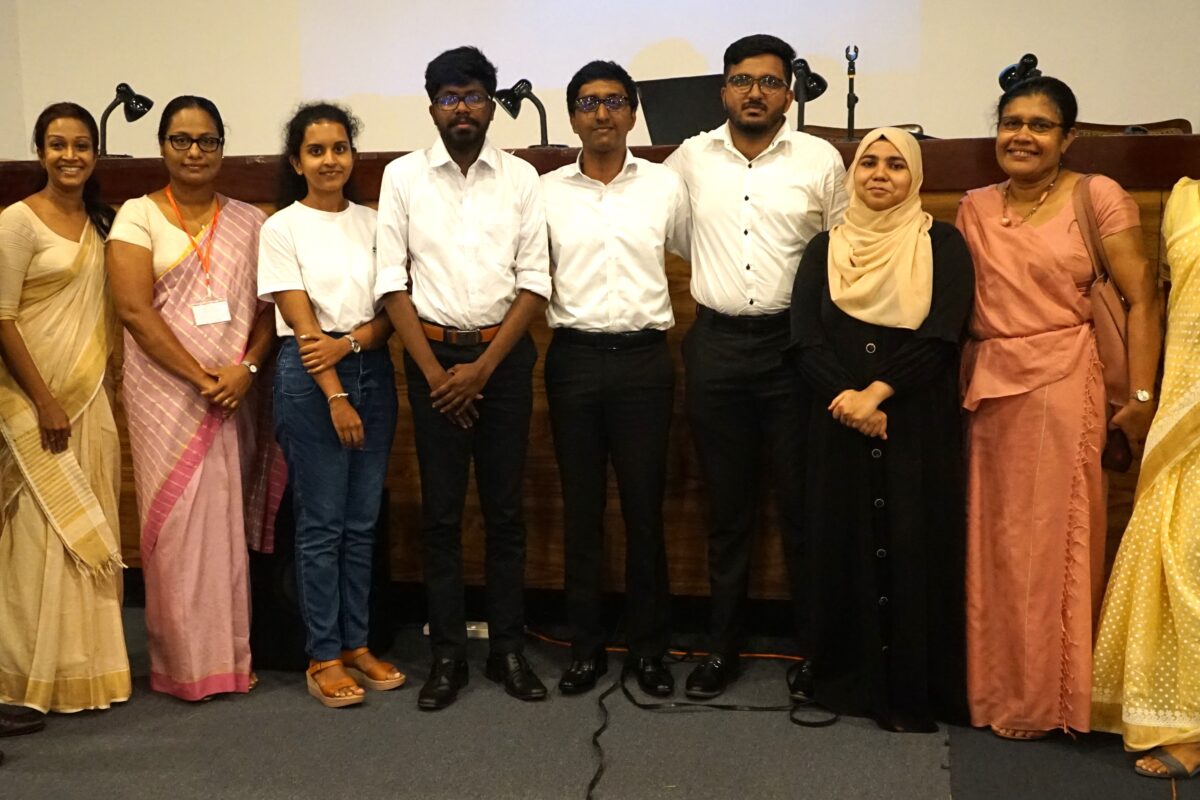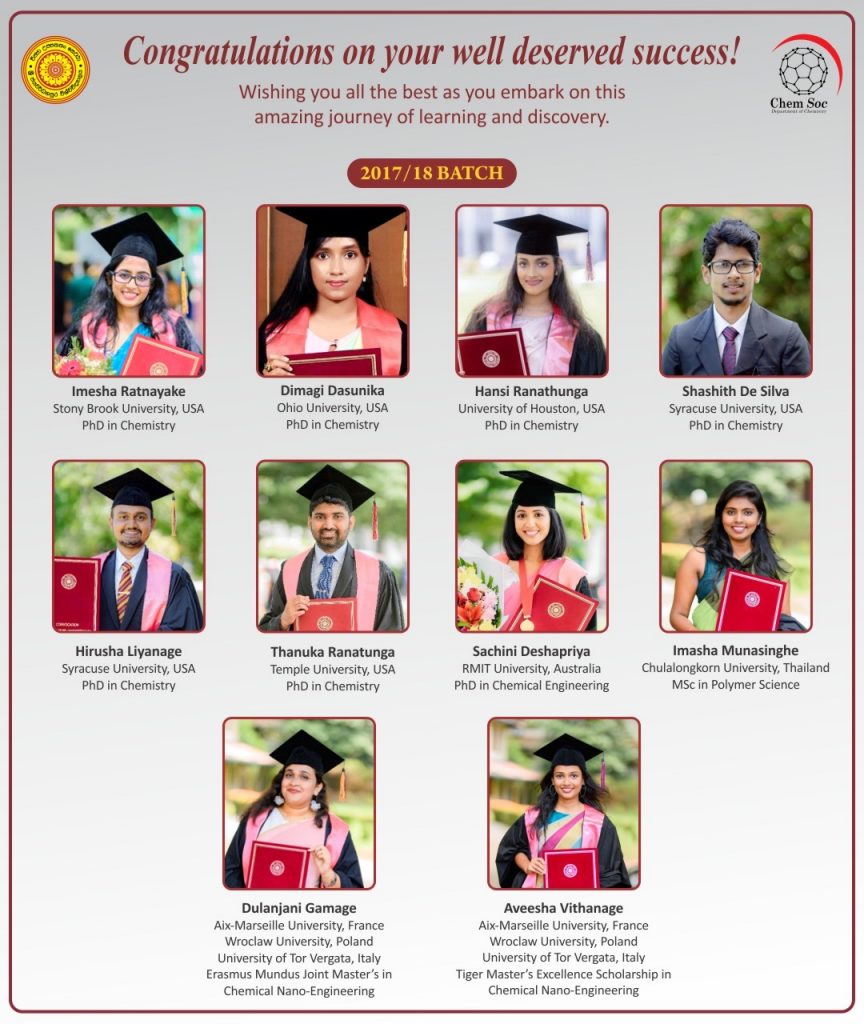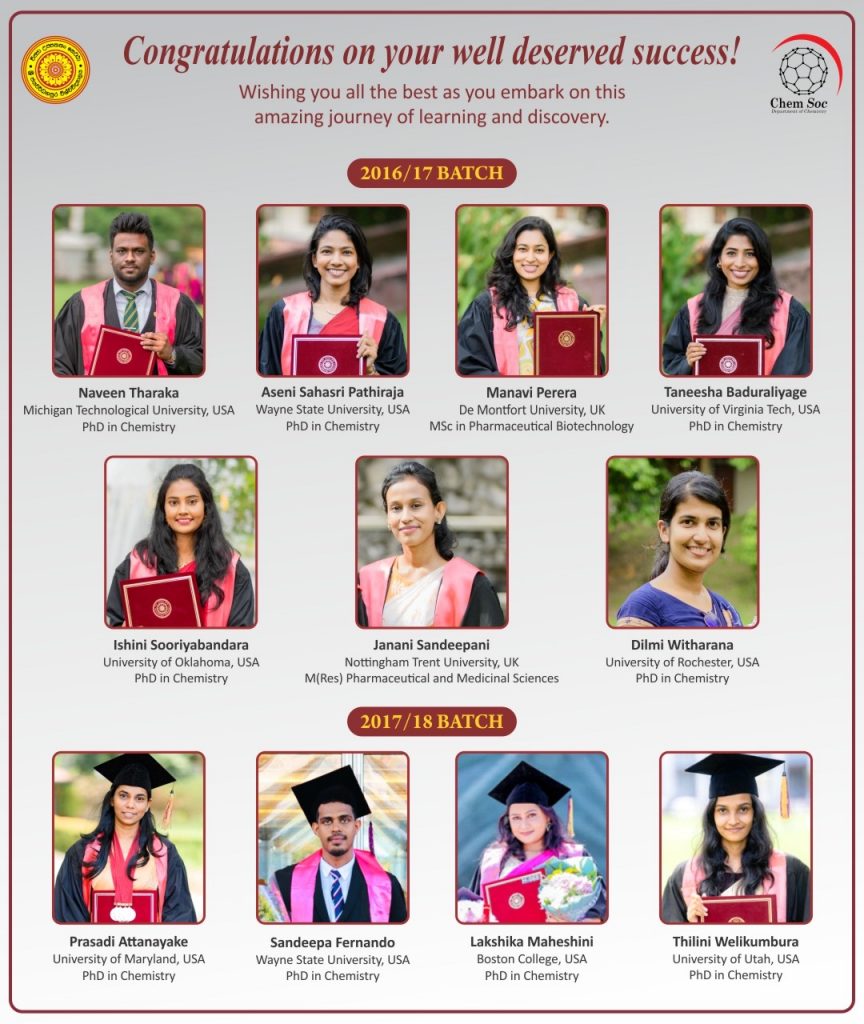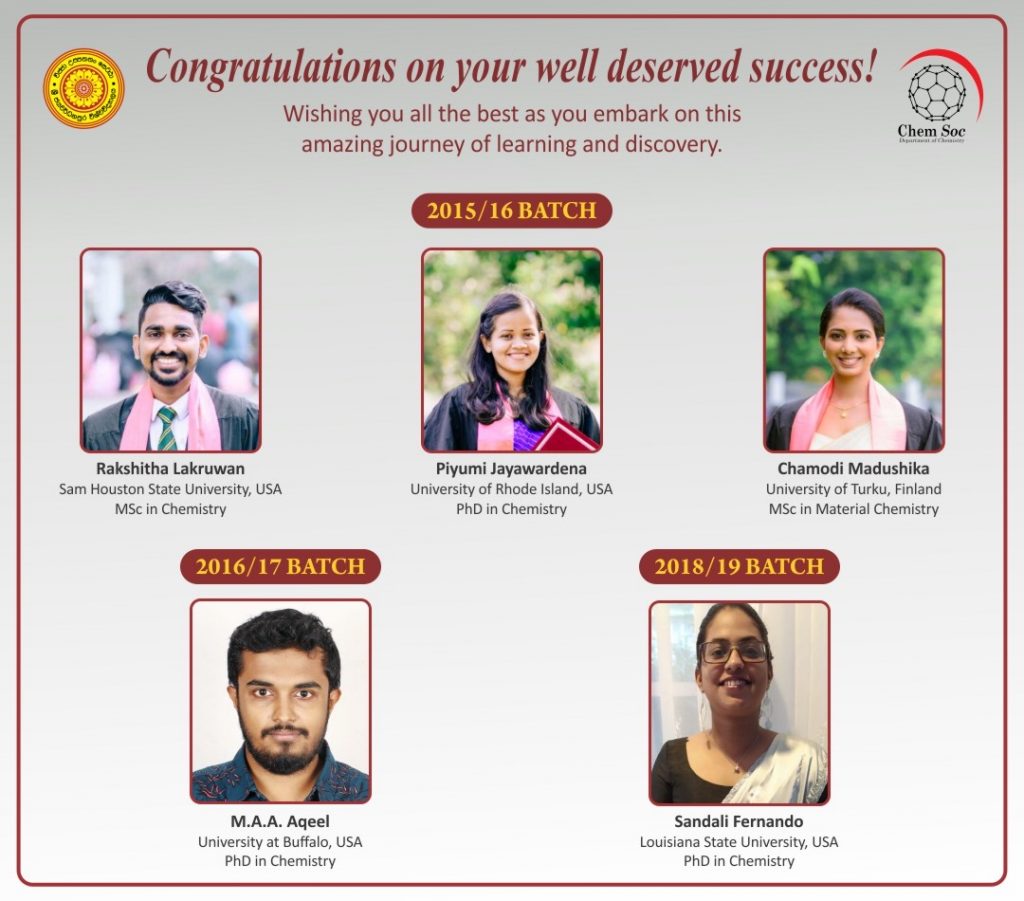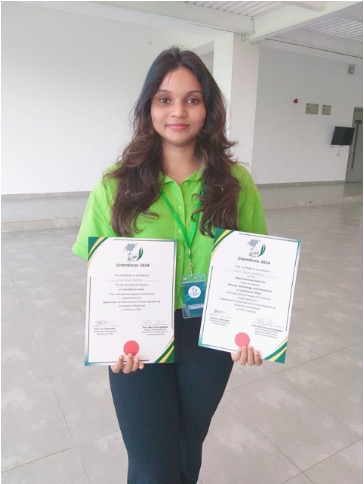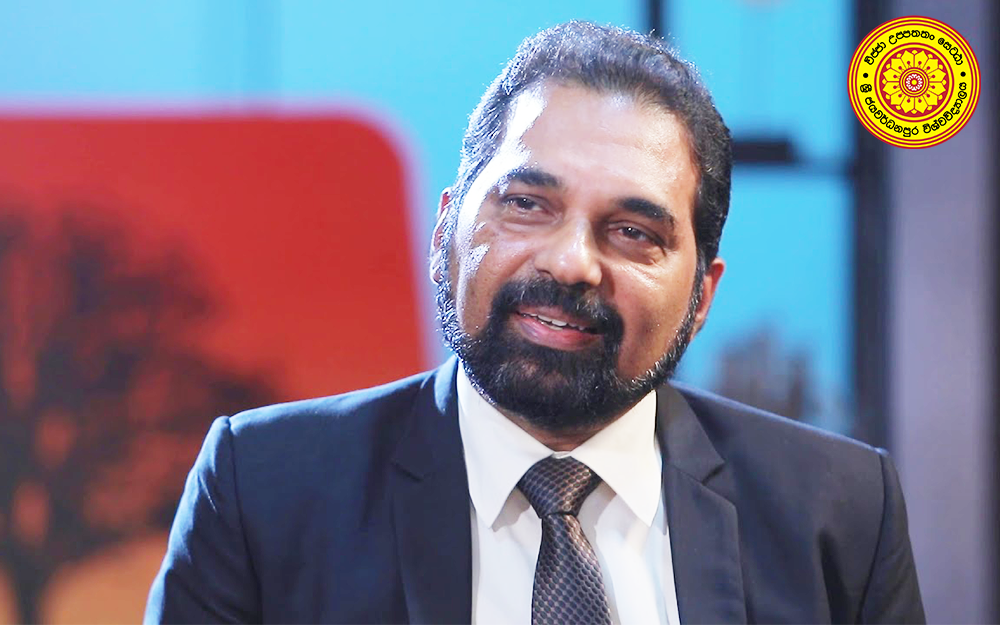Chemistry students from the University of Sri Jayewardenepura have achieved the First Runner-Up position at the Inter-University Undergraduate Chemistry Quiz 2024. The prestigious event, organized by the Sri Lanka Association for the Advancement of Science (SLAAS), took place on 17/08/2024 and featured teams from various universities across Sri Lanka.
The competition tested participants on their knowledge of organic, inorganic, and physical chemistry and their problem-solving skills. The University of Sri Jayewardenepura team demonstrated exceptional knowledge and teamwork, narrowly missing the top spot but earning recognition for their outstanding performance.
The team consisted of five students from the Department of Chemistry: A.H.M. Amarakoon, D.M.B.G.D.T.H.B. Dissanayake, M.D.S. Fernando, M.S.N. Aaysha, and M.M.A.P.K. Wijerathne. Dr. Tharindu Senapathi mentored the team.


